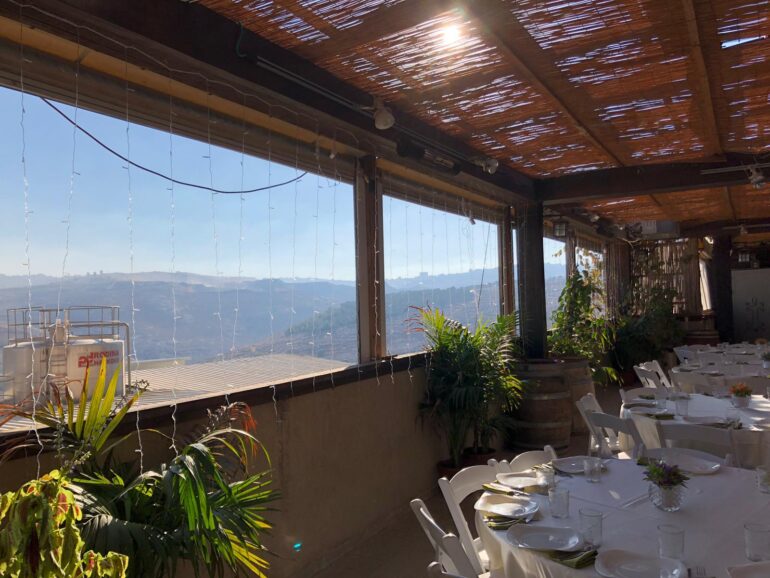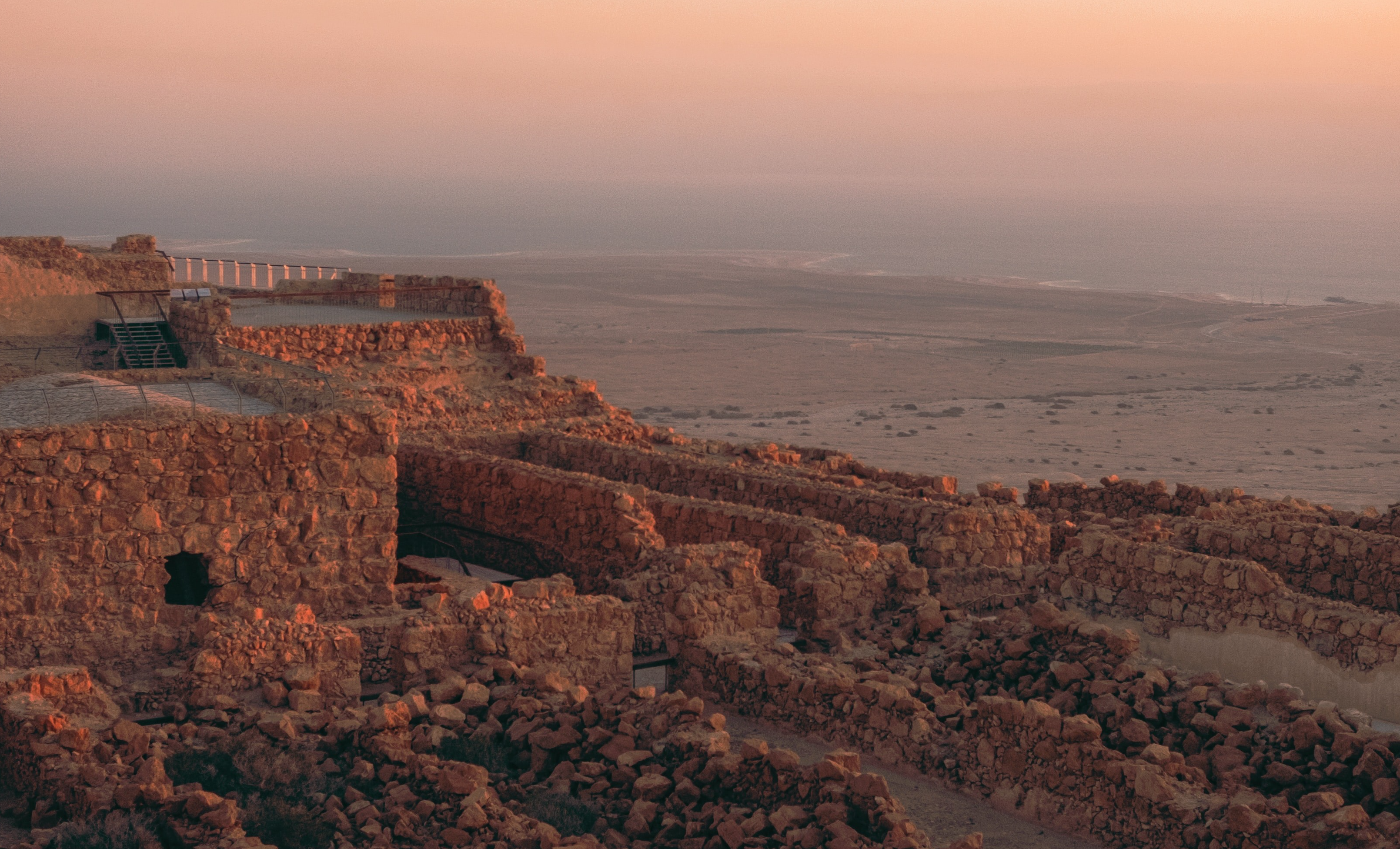The frequent overlap of Sukkot and Indigenous Peoples’ Day, as well as their many common themes, creates a unique opportunity for Jews in the United States to share our story and to engage with other peoples who have suffered displacement and survived attempted annihilation.
Indigenous Peoples’ Day is a celebration of the indigenous people of the American continents and a remembrance of the violent history of colonization. The day honors indigenous civilizations, cultures, and people that inhabited the Americas before their destructive encounter with the West. It promotes indigenous unity and liberation.
In comparison, Sukkot celebrates the Jewish people’s connection to the land of Israel and expresses themes of unity and liberation. The festival marks the end of Eretz Yisrael’s agricultural cycle. Its observance involves building sukkot (outdoor club houses built from natural materials), rites involving species of plants native to the land of Israel, pilgrimage to Jerusalem, priestly blessings from the kohanim, and the celebration of a future victory against forces that seek to dominate and destroy the Jewish nation. The festival’s many customs are marked with national and spiritual significance that emphasize unity and our connection to our sacred lands.
Additionally, Sukkot serves as a powerful reminder of our people’s true identity. After the destruction of our nation by imperialist forces, most of our people were uprooted and forced into exile. Yet even in foreign lands, for close to two thousand years, we continued to celebrate Sukkot and the other holidays of the Hebrew calendar. We continued to observe the harvest festivals of the land we were expelled from, and we did our best to practice our way of life as closely as possible to the way that our ancestors had lived in that land. In exile, our traditions and customs preserved our national identity and fueled our aspirations to revive our civilization in the land of our ancestors.
The festival of Sukkot creates an excellent opportunity to communicate the story of the Jewish people to ourselves and to others. Simply by performing the rituals and observances of the holiday, and by engaging in its meaning and history, Jews can unearth our national identity and deep roots in the land of Israel. Every meal or conversation in a sukkah and every waving of the four species (lulav, etrog, hadasim, and aravot) expresses our identity and collective story. In this way, Sukkot can be a powerful force to awaken our own identity and connect others to our story.
Moreover, the common themes of destructive encounters with western powers, connection to ancestral land, unity, and liberation create a unique opportunity for dialogue between our people and the indigenous peoples of the Americas. This can take the form of Diaspora Jews inviting Native Americans into our sukkot, sharing cultural and ritual practices, and listening to each other’s stories and aspirations. Such interactions can help Jews in the Americas to become more sensitive to the struggles of others and can lead to real indigenous solidarity.
We should be careful, however, to not use Sukkot or its potential for parallels with other oppressed people’s experiences and cultures as a rhetorical weapon in the Israeli-Palestinian conflict. Using Sukkot as a shallow hasbara argument to buttress our “indigenousness” at the expense of another people would express a cynical and shallow understanding of our people’s sacred rituals, especially when proffered by some of the most westernized Jews leading Diaspora pro-Israel movements.
The real power of our people’s festivals and rituals doesn’t lie in Israel advocacy talking points but actually something so much greater – the ability to awaken Hebrew identity and our own desires to return to our authentic way of life in the land of our ancestors. If approached correctly, Sukkot can become a tool both for our own liberation and for sensitizing ourselves to the struggles of others.





